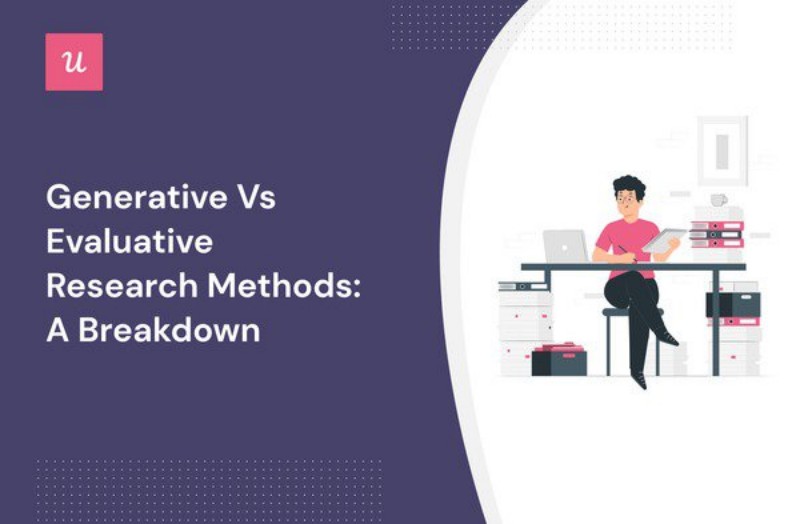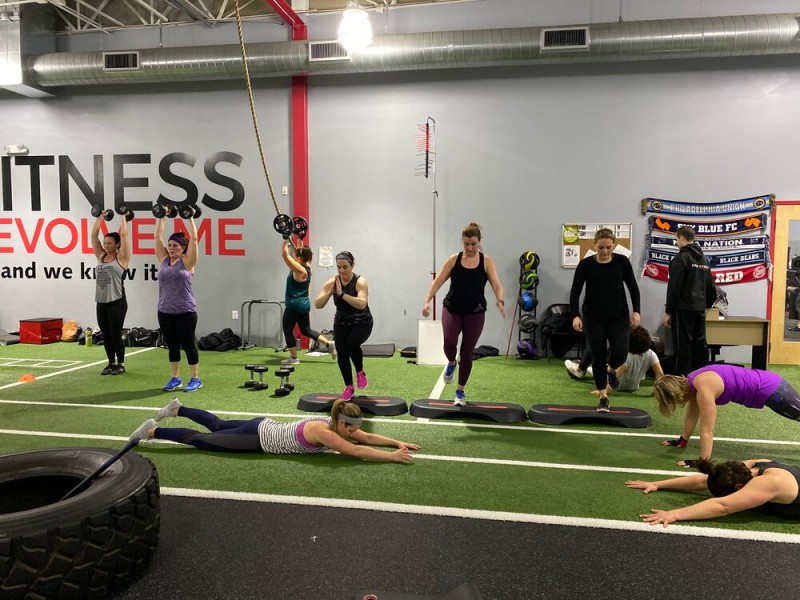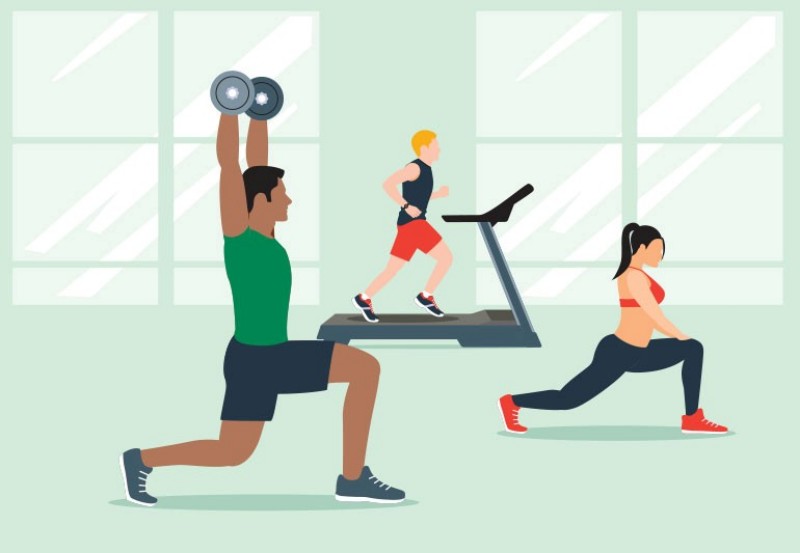Current location:Home > Expert Hub > Research Breakdowns > Text
Time:2025-06-16 Source:Mind Body FuelAuthor:Click:59
In the pursuit of wellness and balanced living, mindfulness-based stress reduction (MBSR) has emerged as a transformative approach. Born from ancient meditative practices, MBSR has evolved into a scientifically-backed method for managing stress, improving mental health, and enhancing overall well-being.
Mindfulness-based stress reduction is a therapeutic intervention that integrates mindfulness meditation and yoga. It’s designed to help individuals recognize and manage their thoughts and feelings to reduce stress. Developed by Dr. Jon Kabat-Zinn at the University of Massachusetts Medical Center in the 1970s, MBSR has since gained recognition worldwide for its effectiveness in managing stress and anxiety.
Research has consistently shown the benefits of practices like MBSR. For example, a 2024 study from the Journal of Nutritional Health found that dieticians who practiced mindfulness-based stress reduction reported significantly lower stress levels and higher job satisfaction. Another study in the Journal of Behavioral Medicine in 2025 showed considerable improvement in sleep quality among chronic insomnia patients who underwent MBSR training.
So, how can one incorporate MBSR into their daily routine? The first step is to understand that mindfulness isn’t just a technique—it’s a way of life. It’s about being present in the moment, non-judgmentally, and with an open heart. Here are some practical tips to get started:
**Start with meditation.** Regular meditation is a cornerstone of MBSR. Set aside a specific time each day to meditate. It could be early in the morning, during lunch breaks, or before sleep. Remember, the goal isn’t to empty your mind but to observe your thoughts without judgment.
**Engage in mindful activities.** Practicing mindfulness isn’t limited to meditation. It can be incorporated into everyday tasks like eating, brushing your teeth, or walking. The idea is to focus entirely on the task at hand, paying attention to each detail. This practice can transform mundane tasks into moments of mindfulness.
**Practice body scan techniques.** Body scans are a fundamental part of MBSR. They involve focusing on different parts of the body, starting from the toes and working your way up to the head. By doing this, you can develop a greater awareness of your physical sensations and a deeper connection with your body.
**Join a MBSR course or session.** While self-practice is beneficial, joining a structured MBSR course can provide a more comprehensive understanding of the approach. These courses often offer a combination of group learning, home practices, and individual instruction.
**Use technology.** Numerous apps and online platforms offer guided meditations and mindfulness exercises that can help you start or maintain your practice. Headspace, Calm, and Insight Timer are just a few examples.
Remember, like any other skill, mindfulness takes practice. It might feel challenging at first, but with consistency and patience, it can become a natural part of your life. The benefits—reduced stress, improved mental clarity, better sleep, and enhanced overall wellness—make the journey well worth it.
As more people become aware of the power of mindfulness-based stress reduction, it’s becoming an essential part of wellness routines worldwide. Whether you’re interested in health, beauty, weight management, or simply living a more balanced life, MBSR offers an accessible and effective way to cultivate inner peace and resilience in the face of life’s challenges.

Boost Your Productivity with a Digital Detox: A Comprehensive Guide

Embrace Yoga for Better Body Alignment: A Path to Wellness

Utilizing a Heart Coherence Timer for Enhanced Wellness and Health

Unlocking the Health and Beauty Benefits of Wakame Alginate

Unleashing The Power Of Fitness Equipment: A Comprehensive Guide

Pilates for Full Body Workout: Enhancing Strength, Flexibility, and Wellness

Understanding the Vital Safety Features of Power Racks for Enhanced Workouts

Boost Your Workout: High-Intensity Interval Cycling for Optimal Health

Boost Your Wellness with Grip Strengtheners: A Comprehensive Guide to Hand Therapy

Boost Your Business with Effective Corporate Wellness Program Participation
 Boost Your Productivity with a Digital Detox: A Comprehensive Guide
Boost Your Productivity with a Digital Detox: A Comprehensive Guide
 Pilates for Full Body Workout: Enhancing Strength, Flexibility, and Wellness
Pilates for Full Body Workout: Enhancing Strength, Flexibility, and Wellness
 Understanding the Vital Safety Features of Power Racks for Enhanced Workouts
Understanding the Vital Safety Features of Power Racks for Enhanced Workouts






Copyright @ 2025 Mind & Body Fuel Email:xya0876@gmail.com No:26148
Statement: The articles on this website are all from the Internet and do not represent any views. Before making any health decisions, you must consult your doctor.